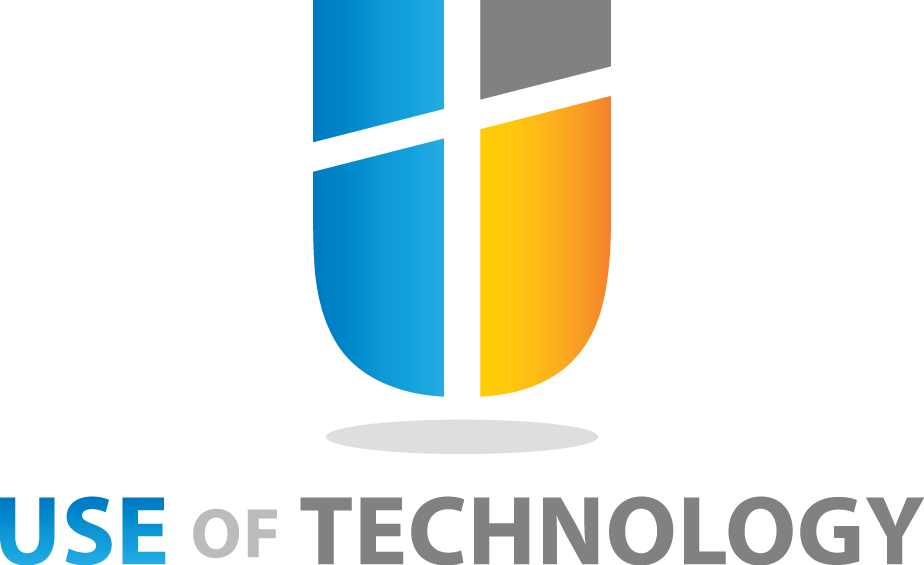The internet giant is developing a new OS, in addition to Chrome-OS. While still very early in development, it is not likely that Fuchsia will replace its predecessor.
Google has recently published a number of documents detailing Fuchsia and its functionality. The first and foremost state that the new OS is not like Linux.
Fuchsia: an examination
Fuchsia is an open-source OS that has been under development since mid-2016. So far it can run on a number of smart devices, such as laptops, tablets and smartphones running Android, and mini-PCs like the Intel Nuc as well as Raspberry Pi. It is very likely that Fuchsia will also be used on ‘Internet of Things’ devices a few years down the line.
So far, the new OS is rather scarce in front-end functionality, as it only displays the time on devices running it. However, Fuchsia uses the micro-kernel of Zircon. It also has some userspace services, libraries, and drivers, through which it can launch the system, communicate with the hardware, and run the userspace services. It also manages a number of Objects types, which are reachable through C++ classes.
The Objects are vital to Fuchsia, as the operating system is modular. This means that, depending on the included Object modules, it will likely run on a large scale of devices, from low-end smartphones to powerhouse PCs.
Fuchsia also includes a number of Portable Operating System Interface (POSIX) protocols, which does make it similar to Linux. Furthermore, it supports the Swift language of Apple, and it also comes with the SDK (software development kit) called Flutter, also by Google. This SDK allows the construction of Android and Chrome-OS apps.
Fuchsia’s future
One speculated intention for the new OS is that it will replace Chrome-OS and Android, however, this does not seem to be the case. A developer of Fuchsia, Travis Geiselbrecht stated that is not intended as a dumping site for all the code not used for other projects either. He went on to say that it is not a ‘20% project’, referencing the phenomenon where Google developers work on a passion project that does not gain widespread usage or even get published.
Fuchsia is still in its infancy, and by the time it is ready, it would be impossible for it to overthrow Android and Chrome-OS. Because if this, it is promising to be its own thing, and will possibly run on several IoT devices. By the time it is ready for publishing, there will have been a large number of devices needing a unified OS, that are not yet part of our lives.

